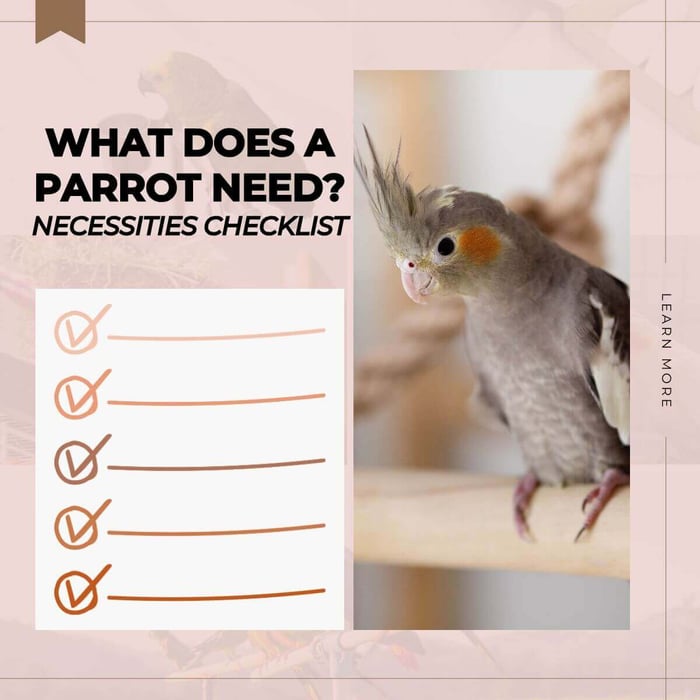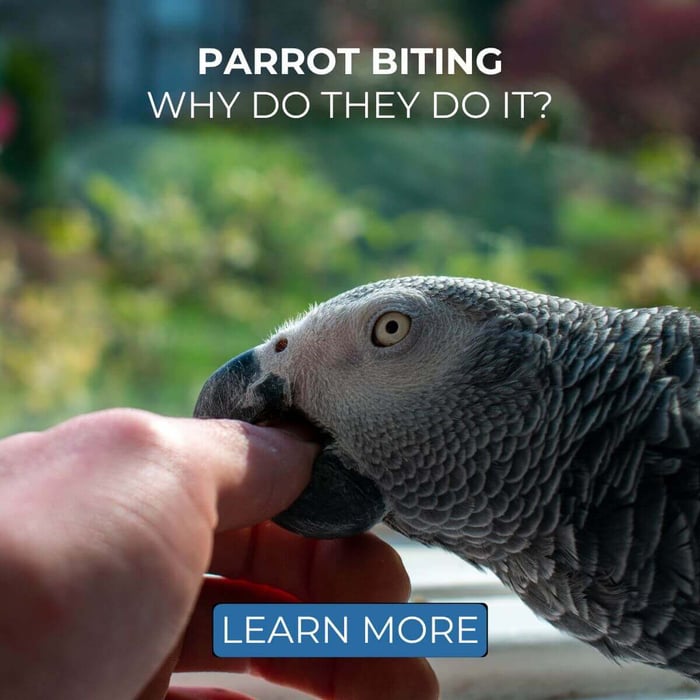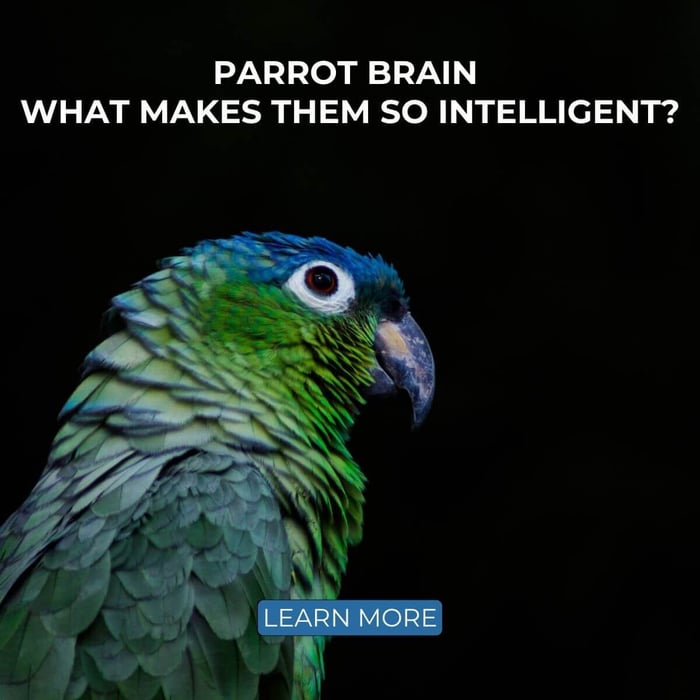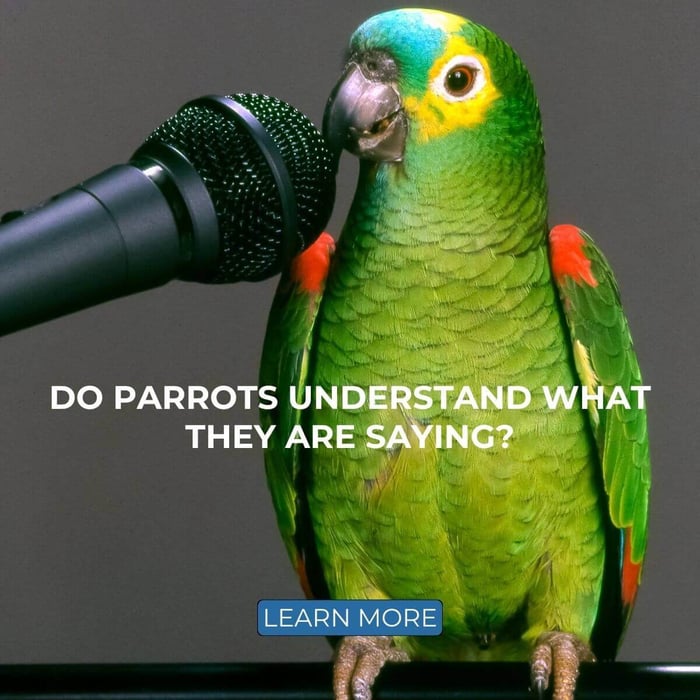Do Parrots Have Social Intelligence?
Parrots are widely recognised for their remarkable intelligence, and they are known for mimicking human speech, solving puzzles, and using tools. However, new research suggests that parrots might possess an even more extraordinary ability—social intelligence. This recent study, conducted by Dr Désirée Brucks, a cognitive biologist at the Max Planck Institute for Ornithology in Germany, reveals that African Grey Parrots, in particular, exhibit social intelligence in ways that go beyond mere cleverness. Could parrots be more empathetic than we thought? And do parrots have social intelligence that helps them navigate the complexities of their social environments?
The Experiment
A groundbreaking experiment led by Dr Brucks examined whether African Grey Parrots can exhibit social intelligence by helping others without expecting anything in return. The setup involved two African Grey Parrots placed in separate compartments with a human holding walnut treats in front of them. One parrot had a pile of valuable metal washers, while the other parrot had no washers, and it could reach humans to receive walnuts. The twist was that the parrot with the washers couldn't reach the human but could pass the washers through a small opening to the neighbouring parrot, who could exchange them for the treats.
What happened next was truly remarkable. The parrot with the washers immediately began passing them to its neighbour, even though it received no personal reward. This demonstrated an inherent social intelligence—the ability to recognise the needs of another and act selflessly. In fact, both parrots were observed to act in a way that suggested an intrinsic motivation to help the other, showcasing the social intelligence of these birds.
As Dr Brucks said, "They were quite intrinsically motivated to help another." This selfless behaviour shows that parrots have social intelligence and are capable of understanding the needs of others and responding with generosity. The fact that these birds were helping each other without expecting anything in return is a significant finding in the study of animal cognition, marking a new milestone in our understanding of how animals interact with one another.
The Cognitive Abilities of Parrots
This experiment adds to the growing body of research that highlights parrots' complex cognitive abilities. While Dr Irene Pepperberg's work with the African Grey parrot, Alex showed that parrots can use language and identify shapes and colours, Dr Brucks' study reveals that parrots have social intelligence beyond traditional measures of cleverness. Parrots are not just problem solvers or mimics; they also demonstrate the ability to recognise the needs of others and act cooperatively.
The concept of social intelligence refers to the ability to interact effectively with others, understand social cues, and engage in cooperative behaviour. In the case of the African Grey Parrots in Dr Brucks' experiment, they didn't just recognise each other's needs; they also took action to fulfil those needs. This is a clear indication that parrots have social intelligence, enabling them to thrive in social settings by cooperating and helping others.
Dr Brucks' experiment revealed that these birds were engaging in prosocial behaviour, which is when animals help others with no expectation of a reward. While humans often help others because of empathy, this experiment raises the question of whether African Grey Parrots help because they feel empathy or if they simply understand that cooperation benefits them in the long run. Regardless of the motivation, the fact remains that parrots have social intelligence—a capacity to act selflessly and cooperate for the benefit of others.
The Role of Social Relationships in Parrots' Social Intelligence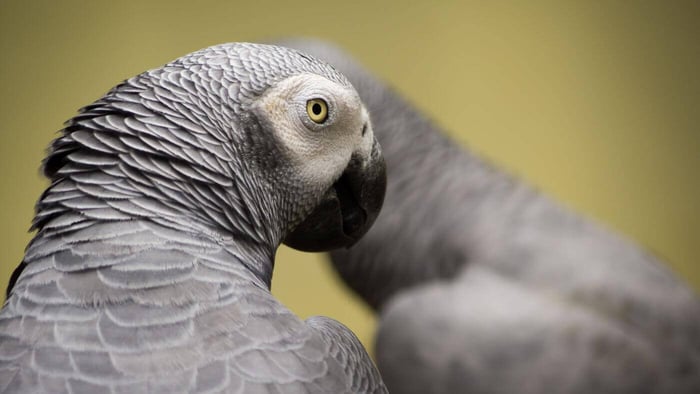
A particularly interesting aspect of the experiment was the role of social bonds. Dr Brucks and her co-author, Auguste von Bayern, found that the parrots with closer social relationships—those that spent more time preening or feeding each other—were more likely to help each other. This indicates that parrots have social intelligence that is influenced by the quality of their relationships. Much like humans, parrots seem to be more inclined to help those they are closest to, which suggests that the dynamics of their social interactions play a crucial role in their social intelligence.
Interestingly, the study also showed that even parrots who weren't as socially close helped others. This implies that parrots have social intelligence that extends beyond their immediate social circle, and they can recognise when helping another bird is beneficial, even without a close bond.
The Case of the Blue-Headed Macaw
The experiment was later extended to the Blue-Headed Macaw, a different species of parrot. Unlike the African Grey Parrot, the Blue-Headed Macaw did not engage in selfless behaviour. This difference in behaviour highlights the diversity in social intelligence across species. Researchers believe that the difference may be attributed to the different social structures of the species. African Grey Parrots live in large, constantly shifting flocks, which makes building social bonds essential for survival. In contrast, Blue-Headed Macaws live in smaller, more stable groups, where helping others might not be as critical.
This finding suggests that parrots have social intelligence that is shaped by the social systems in which they live. The African Grey Parrot's dynamic and fluid social structure might encourage more prosocial behaviour, whereas the smaller, more stable group of the Blue-Headed Macaw might not require the same level of cooperation. This variability underscores the complexity of social intelligence in parrots and other animals.
Social Intelligence in the Animal Kingdom
The idea that animals can help each other selflessly has been observed in a few other species, including dolphins, rats, and vampire bats. However, African Grey Parrots are the first non-mammals to be observed engaging in this kind of behaviour. Dr Brucks' research has opened new doors in our understanding of animal cognition and behaviour, suggesting that parrots have social intelligence that is comparable to some of the most socially intelligent animals on the planet.
Although scientists are still unsure whether African Grey Parrots feel empathy in the same way that humans do, their ability to act selflessly is a remarkable example of social intelligence. This discovery challenges our traditional view of non-human animals and suggests that parrots have social intelligence that allows them to engage in cooperation and mutual aid.
Conclusion
The recent research has added a new dimension to our understanding of parrots. Not only are they clever problem solvers, but parrots have social intelligence that enables them to engage in selfless, cooperative behaviour. This insight into their cognitive and emotional lives enriches our understanding of these remarkable birds and highlights the importance of social bonds in their daily lives.
For parrot owners, this research serves as a reminder of the complexity and depth of their companion birds' intelligence. Understanding that parrots have social intelligence opens up new opportunities for enhancing the way we care for and interact with our feathered friends. Providing them with social opportunities, mental challenges, and engaging environments can help them thrive both cognitively and socially.
To learn more about keeping your parrot mentally stimulated, visit ParrotEssentials.co.uk. By understanding that parrots have social intelligence, we can create more enriching, cooperative relationships with our feathered companions.
Source: New York Times

